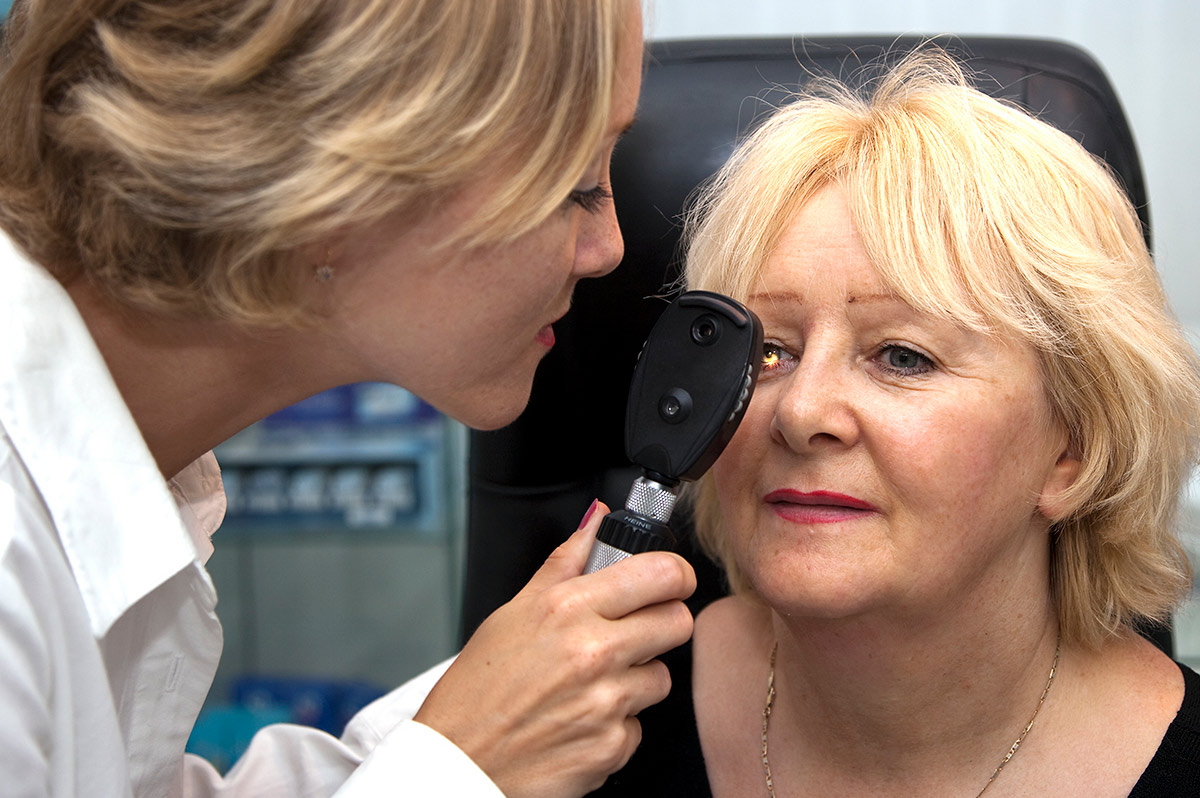The problem: Fewer financial resources to pay for it.
Women face a higher health-care tab because they live on average for two years longer than men, not because they consume more health care in a typical year.
When it comes to paying this longevity penalty, women are at a disadvantage: They make less than men during their careers, often take time off for caregiving, and wind up with Social Security that’s about 23% less than men’s on average, according to HealthView Services, which is a Danvers, Mass.-based company that provides retirement health care cost data and tools to financial advisers.

